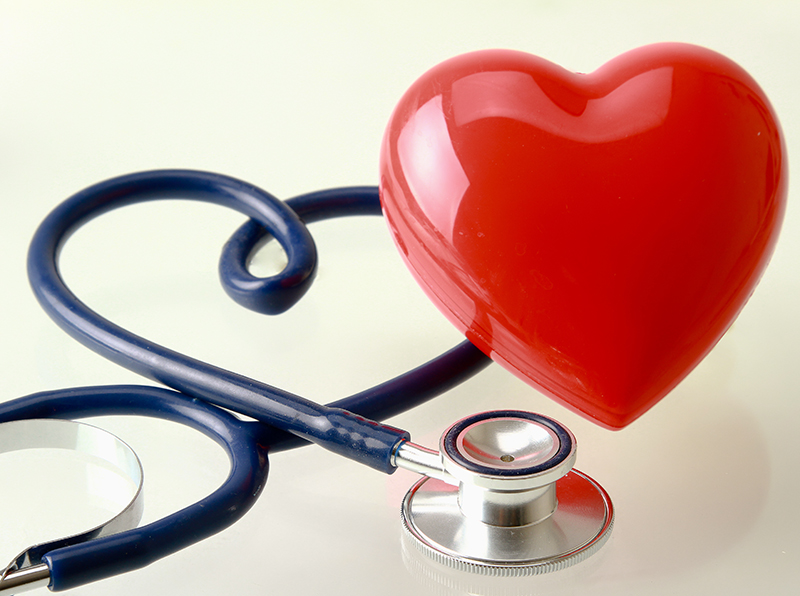The so-called colon polyp refers to the protuberances occurring in the colonic mucosa, which can be divided into hyperplastic polyps, inflammatory polyps and adenomas. Only adenomas can transfer to malignant tumors.
Classification of Adenomas
- Tubular adenoma: About 80% of adenomas are tubular adenomas, which are less likely to become malignant. If they exceed 1 cm, they may become malignant.
- Villous adenoma: Accounting for 5% of adenomas, it is the most likely to become malignant
- Tubular Villous adenoma is somewhere in between.
Symptoms
- Most of the colon polyps are asymptomatic. If they are, they are non-specific symptoms such as hematochezia, melena, diarrhea and constipation, so they can easily be ignored.
Diagnosis
- Colonoscopy is the most reliable method for the diagnosis of colorectal polyps. Using an endoscope about 150 cm long, the entire colon can be examined in detail through the anus. If polyps are found, a biopsy or polypectomy will be performed immediately.

Preparation before Colonoscopy Polyp Biopsy
- An endoscopic and polypectomy consent form is required.
- Take laxatives as instructed to prepare for colon cleansing.
- During the examination, the patients were given an antispasmodic and analgesic according to their conditions.
Treatment
- Polypectomy and a biopsy are invasive examinations, after which you need to rest in the recovery room. If there is no discomfort, you can go home with your family members. Outpatient follow-up will be arranged to explain the pathology report in detail and inform subsequent treatment methods.
Complications
- The common complications after colon polypectomy and
abiopsy are bleeding, colon perforation and peritonitis, and the incidence is 0.05 ~ 0.2 % in the literature.
Notes for Home Care after a Polyp Biopsy
- After examination, dizziness will occur due to the effect of medicine injected. The patient must be accompanied by family members. On that day, patients should never drive or ride a motorcycle by themselves, nor operate mechanical work.
- Eat if there is no dizziness or discomfort after examination.
- Abdominal distension is normal after examination. It is advised to walk more to help pass gas.
- If you have severe abdominal pain, high fever, hematochezia, melena and other abnormal conditions, please contact us as soon as possible:
Consultation line for the endoscopic surgery center
Office hours: 08:00 ~ 17:00
- Tel: (04)22052121 ext. 15477
- Off hours: 0975–680719, 0975–681748

